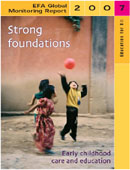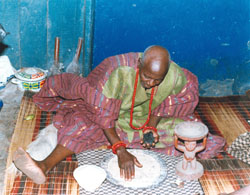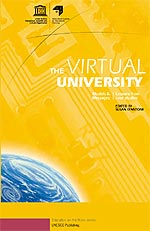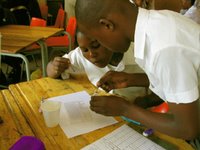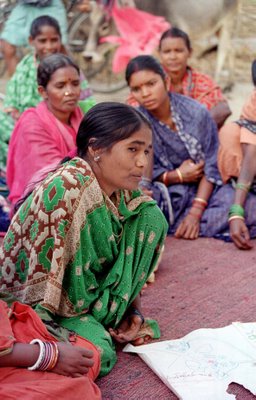 “Water for Life” is the theme UNESCO Goodwill Ambassador Jean Michel Jarre has chosen for an exceptional concert among the sand dunes of the Moroccan Sahara on 16 December. The Modern Arab Orchestra of Casablanca, the Morocco Philharmonic Orchestra and a number of eminent soloists will join Jean Michel Jarre on-stage for this unique concert which will take place at Merzouga, Morocco.
“Water for Life” is the theme UNESCO Goodwill Ambassador Jean Michel Jarre has chosen for an exceptional concert among the sand dunes of the Moroccan Sahara on 16 December. The Modern Arab Orchestra of Casablanca, the Morocco Philharmonic Orchestra and a number of eminent soloists will join Jean Michel Jarre on-stage for this unique concert which will take place at Merzouga, Morocco. The concert is organized with the support of the Kingdom of Morocco and UNESCO. The concert will also be one of the highlights marking the end of the United Nations International Year of Deserts and Desertification and part of the UN Water for Life Decade (2005-2015). Using his hallmark state-of-the-art visual and sound technology, the French composer/musician will stress the importance of protecting and properly managing the planet’s limited freshwater resources and halting the advance of desertification.
“We want this concert to be a wake up call. We want to make people more aware of just how precious water is and the critical need to look after what we have,” said Jarre.
*Check out the UNESCO Water Portal to learn about Water Events Worldwide and more
*Our previous postings:
A World of Science
U.S. to host 2007 UNESCO Hydrology Meeting
*World Water Assessment Program
* Facts and Figure extracted from the 2006 UN World Water Development Report

